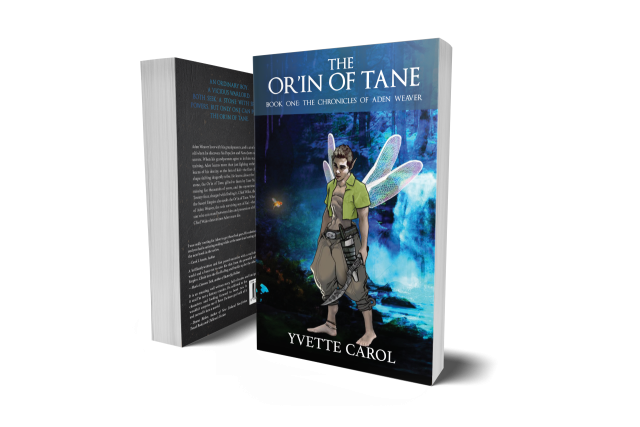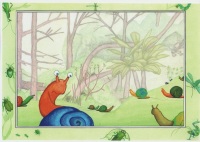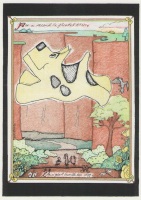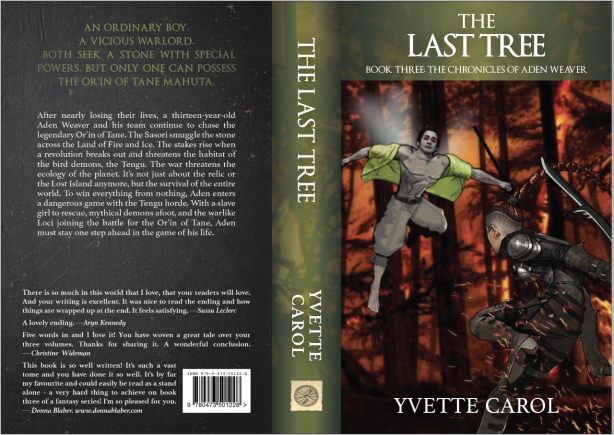It’s time for another group posting of the Insecure Writer’s Support Group! Time to release our fears to the world or offer encouragement to those who are feeling neurotic. If you’d like to join us, click on the tab above and sign up. We post on the first Wednesday of every month. Every month, the organizers announce a question that members can answer in their IWSG Day post. Remember, the question is optional!!! Let’s rock the neurotic writing world!
Our Twitter handle is @TheIWSG and hashtag is #IWSG.
February 7 question: What turns you off when visiting an author’s website/blog? Lack of information? A drone of negativity? Little mention of the author’s books? Constant mention of books?
The constant mention of an author’s books is a big turn-off for me. If every second post or update is sell, sell, then I tend to stop reading the posts. Unfortunately, the onus is on the authors these days – whether traditionally published or Indie – to build a brand, raise their profile, grow email lists, and gather beta readers and reviewers. In short, all general marketing falls to the author. Traditional publishing houses have a small budget for promotion, and the lion’s share of that small amount will go to the known names and bestsellers. The expectation when wannabes approach agents or acquisition editors is that they can demonstrate their marketing efforts, their sales numbers, and their plans for future marketing.
A select few in the upper 5% of authors do not handle their marketing. For instance, big guys like James Patterson will not do marketing – he is the Golden Goose for his publisher – and the in-house marketing team will handle the promotion. The rest of us poor hacks do the writing and the legwork to sell the books, too. That being said, I still don’t want to hear whiny authors continuously begging me to buy their books. And, I despise having to do so myself.
I spent 15 years, from 2005 to 2020, writing and rewriting my trilogy, The Chronicles of Aden Weaver, and I have done next to no marketing to sell them. I’ve tried. Believe me, I’ve tried. I hired a publicist. I did radio interviews and interviews on blog sites. I made live appearances, hosted a book launch, and did book signing events. But then I fizzled out. My marketing attempts since then have been sporadic at best. At times, over the last four years, I’ve mentioned the books here on my blog. But I felt shifty every time as if I were a dodgy salesman moving stolen goods down a back street. I actually prefer not mentioning them – a flaw in any Indie’s marketing plan, let me tell you. I had a post published in The Insecure Writer’s Support Group Guide to Publishing and Beyond for 2014, ‘The Melee of Marketing.’ The article was about this very subject of self-marketing and my struggles to promote myself. Sigh! Things haven’t changed much.
My appalling disinterest in marketing also extends to other people giving me the hard sell with their books. I heard it said once that the best way to promote one’s books is to mention the title briefly (add a link) within posts about other things and that it should not be overdone. The general public finds that kind of incidental marketing far more palatable and they will continue to read the rest of the blog content. That made good sense to me. I have done the barest minimum of marketing ever since. I am so much happier when I’m not trying to do self-promotion!
The best thing you can do when you finish writing a book, someone famous once said, is to start writing the next book. So, that’s what I’m doing. I’ve also heard it said that writing the next book is the perfect antidote to worrying about the sales numbers of the last one. LOL. I’m already knee-deep in writing and developing my new children’s series, therefore I’m in my happy place and intend to savour the process. The prospect of having to drum the books down everyone’s throats when the time comes for publication is already off-putting. Self-promotion is necessary and a complete, utter, mind-numbing bore. Quite the conundrum.
What turns you off when you scroll social media streams?
Talk to you later.
Keep Writing!
Yvette Carol
*
I just to warn people who want to get published that publication is not all that it is cracked up to be. But writing is. ~ Anne Lamott
*
Subscribe to my newsletter by emailing me with “Newsletter Subscription” in the subject line.
























































